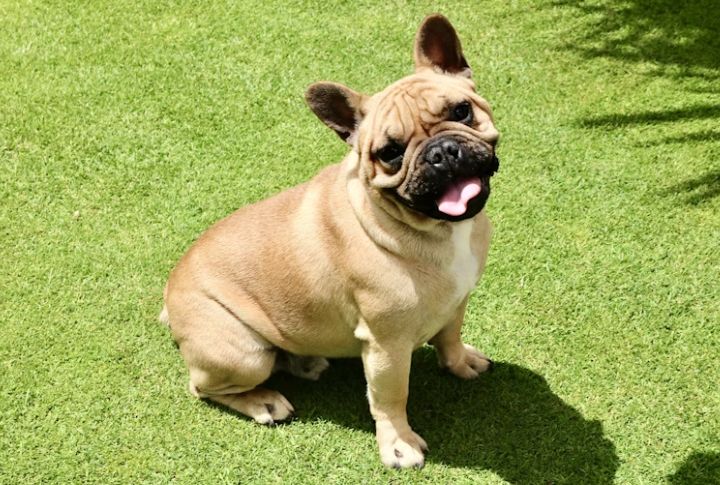10 Dogs That Often Deal With Recurring Ear Problems

Ear infections aren’t just a nuisance—they can seriously affect your dog’s comfort, especially in breeds with ear structures or behaviors that make them more vulnerable. If you’re hoping to cut down on vet visits and keep your dog healthy, it’s smart to know which breeds struggle most. Below are ten dogs more likely to deal with recurring ear issues.
Cocker Spaniels

Ear troubles are a common concern for Cocker Spaniels. Their floppy ears hold in moisture, while narrow, heavy canals trap wax. This combination leads to recurring problems. The breed is also at risk of PSOM, a condition that causes painful pressure. Even with grooming, infections persist if the ears aren’t cleaned properly inside.
Basset Hounds

Moisture gets trapped easily in the long ears of Basset Hounds, and airflow stays limited. Combined with oily buildup from numerous sebaceous glands, the risk of infection increases. Many owners miss the signs because this breed remains calm even when in pain. Routine cleanings are essential.
Labrador Retrievers

Labrador Retrievers usually get ear infections due to their love of swimming. Water often remains in their narrow ear canals, making drying tough. Allergies also cause chronic inflammation. Despite short hair, Labs need regular ear cleaning to avoid discomfort. Nicknamed “water dogs,” they rarely shake their ears dry after swimming.
Poodles

Ear care for Poodles needs more than a quick wipe. Hair grows deep in the canal, trapping moisture and limiting ventilation. Frequent plucking helps reduce buildup. Skin allergies often appear first in the ears, and smaller breeds, such as Toy or Miniature Poodles, experience even more issues due to their narrow passageways.
Shar Peis

Start ear maintenance early with Shar Peis. The tight shape of their canals, combined with folded skin, makes them prone to infections. Watch for signs of seborrhea, which often worsens ear inflammation. Even with basic grooming, only a vet-recommended flush can reach deep enough to clean these hard-to-access areas.
Golden Retrievers

Floppy ears and frequent water exposure leave Golden Retrievers susceptible to ear infections. Yeast thrives in the retained dampness inside their ears, creating the perfect breeding ground. If infections become chronic and untreated, hearing loss is also common. So, persistent scratching should be taken seriously, even when ears appear clean.
Beagles

Watch those ears after every outdoor adventure. Beagles frequently pick up mites and bacteria while sniffing through grass and brush. Their floppy ears block airflow, making things worse. Infection symptoms may stay hidden because of the breed’s tolerant personality. Early checks can prevent common and costly vet visits later on.
Bulldogs

Routine ear care is non-negotiable for Bulldogs. Skin folds near the ears trap moisture and breed bacteria. Tight canals don’t drain well, especially with wax buildup. Many cases stem from food-related allergies. Keep your ears clean and regularly checked to catch issues early before discomfort sets in or infections spread.
Shih Tzus

Just imagine how quickly infections develop when debris collects in a curved ear canal. That’s the case with Shih Tzus. Hair continues growing deep inside, reducing ventilation. Allergic dermatitis frequently makes matters worse. Chronic infections are common, and early symptoms usually go unnoticed due to the breed’s compact ear shape.
Cavalier King Charles Spaniels

Cavalier King Charles Spaniels often struggle with ear problems caused by allergies and droopy ears. PSOM, a condition involving fluid buildup, is also common. Puppies tend to produce excess wax early. Regular vet visits can help manage symptoms and discomfort, which may appear subtly—like frequent scratching or changes in head posture.





